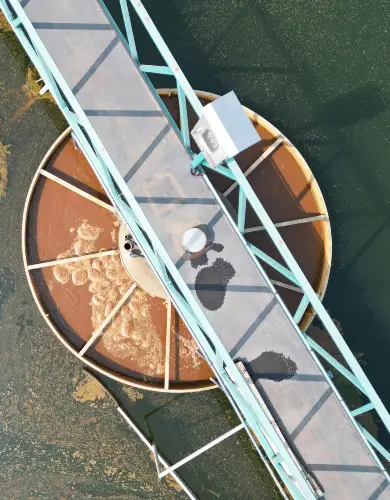Deregulation of the British Water Market
Our guide to deregulating the British water market and what this means for business.
Privatisation in England and Wales (1989)
In 1989, the English and Welsh water sectors were privatised, creating the world’s first fully privatised water system. Ten for-profit regional water authorities were created to supply households and businesses. These were:
- Anglian Water
- Dwr Cymru Water
- North West Water
- Northumbrian Water
- Severn Trent Water
- Southern Water
- South West Water
- Thames Water
- Wessex Water
- Yorkshire Water
Privatisation is thought to have achieved higher levels of investment in the industry, contributing to the high standards of water quality enjoyed by households and businesses.
Scottish water deregulation (2008)
Scotland was the first part of the UK to adopt a deregulated water market for businesses.
On 1 April 2008, Scottish Water’s non-household customers were transferred to a newly created business water supplier, Business Stream.
Deregulation granted Scotland’s 130,000 businesses the right to switch business water supplier and encouraged new water suppliers to enter the market, providing Business Stream customers with alternatives.
Deregulation in England and Wales (2017)
In 2017, England followed Scotland’s lead and deregulated the water supply for business customers.
On 1 April 2017, the supply of all business water connections was transferred to newly created business water suppliers, depending on the region:
- Business Stream – Southern, Yorkshire
- Castle Water – Thames, Portsmouth, Affinity, South East
- SES Business Water – SES
- Source for Business – Bournemouth, Cambridge, South Staffs, and South West.
- Water Plus – United Utilities, Severn Trent
- Water2Business – Bristol and Wessex
- Wave – Anglian Water, Northumbrian Water
The Open Water market
Today, all businesses in England and Scotland and industrial water users in Wales can choose who supplies their water and wastewater services. This competitive market for water is known as the Open Water market.
In the Open Water market, responsibilities within the water industry are divided as follows:
- Local water companies remain responsible for the water infrastructure and continue to provide a world-class quality water supply to all businesses and households.
- Business water suppliers are responsible for managing end users, addressing customer service issues, taking regular meter readings, and issuing business water bills.
The Open Water market is regulated by Ofwat (for England and Wales) and WICS (for Scotland).
The competition introduced by the Open Water market is designed to encourage improved customer service and more competitive pricing.
What the Open Water market means for business owners
In the Open Water market, suppliers set the rates they charge their non-household customers and compete to offer the most competitive prices.
Ofwat imposes price controls on the maximum a water supplier can charge under a default business water tariff. Read our guide to business water rates for a full explanation.
Our water experts at AquaSwitch offer a free, no-obligation business water comparison service, enabling small businesses to quickly find and switch to the cheapest tariff available in the market.
Businesses can save up to 20% by switching to a new water supplier.

